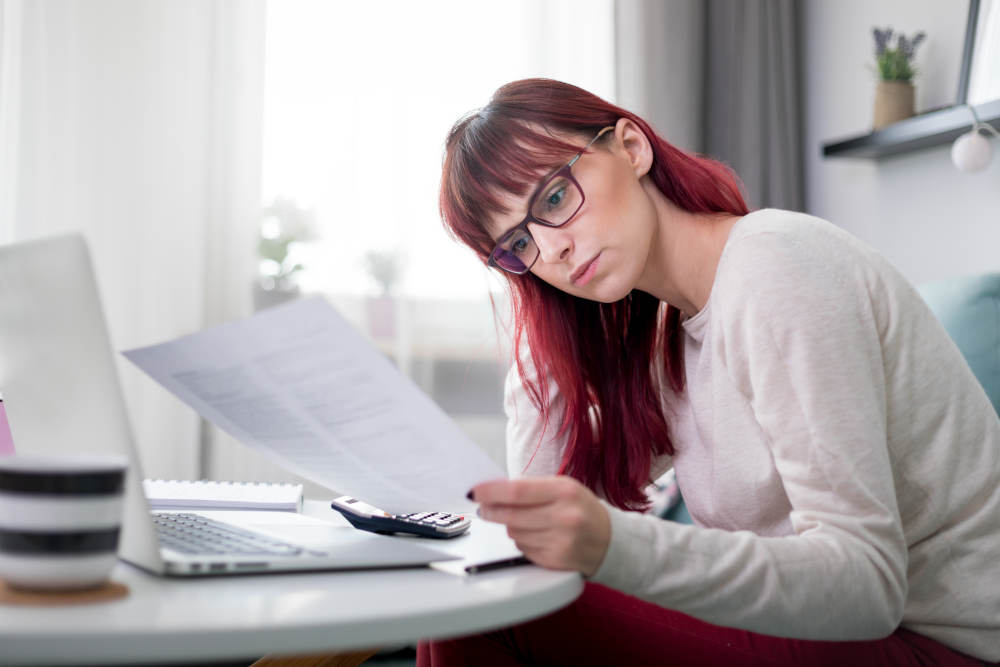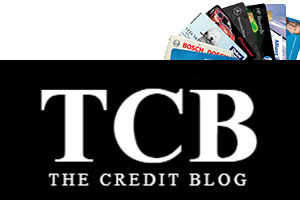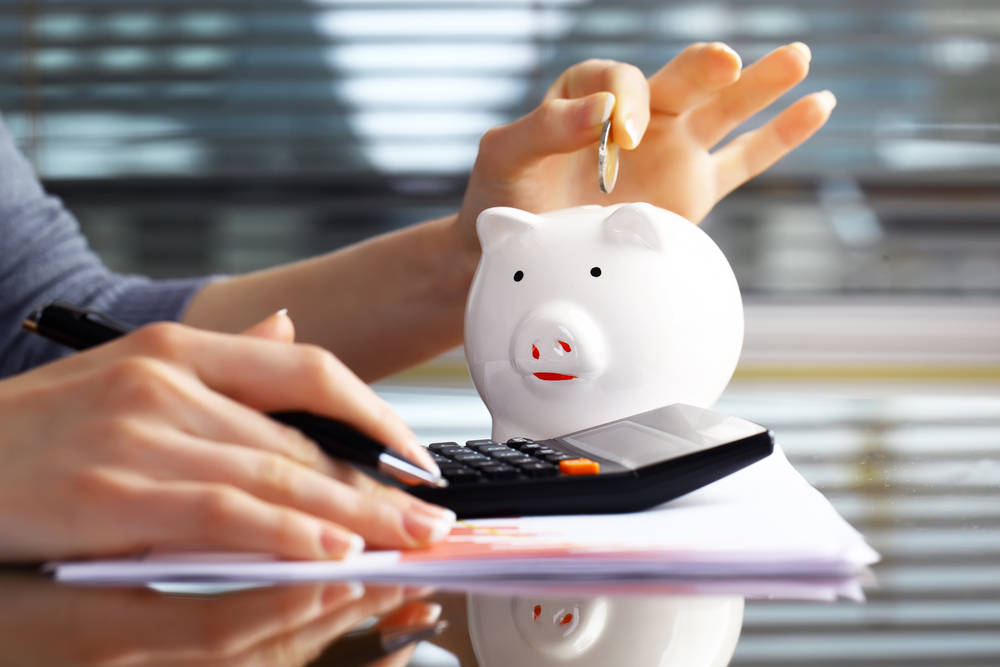Love it, hate it, or not completely understand it. You should still know the consequences of living with bad credit or without credit. It’s a subject that comes up in conversations frequently and can be your ticket to a financially stable future if used correctly.
To help you better understand the necessity of credit, we created a guide full of information to refer to today. Tap into its knowledge whenever you need advice. By the time you’ve finished reading it, you’ll know whether or not you can afford to live without credit.
Why People Use Credit and Go into Debt
Credit allows people to purchase items and pay for expenses that are outside of their monthly household budgets. When an emergency occurs, and there’s no extra money to pay for the expense, the average consumer puts it on a credit card and calls it a day. Paying over several months for large debts allows people to still take care of their daily household expenses with ease. If you choose to live without credit, you’ll need a sizeable savings account to fall back on in emergencies.

Financial experts suggest having three to six months of income socked away in savings. If you’re a low-wage worker or living on a very fixed income, living paycheck to paycheck may be very real for you. It creates barriers to savings and necessitates the need for credit. Living debt-free is almost always impossible because building your savings account up again after a significant expense can be challenging.
Still, it may be part of your bigger plan to remain debt-free long-term. You can do things to help you live without credit but note that they keep you from building a credit history that can help you secure housing, automobile financing, and even get your utilities turned on the first time without the need of a security deposit.
Pick the solutions that meet your needs best and put them into action. You’ll find a short description following the tip so you can implement it right away. In addition, being prepared for unforeseen events and expenses helps you remain debt-free if you make enough income to save for emergencies in advance.
Create regular savings goals to avoid bad credit.
Be realistic about how much you can afford to save each paycheck. It may not be as much as you hoped for initially, but even the smallest amount adds up quickly. Look at your household budget and see what you can cut back on or eliminate to free up more money for savings.
Negotiate the price if you pay for it in full and with cash.
Credit transactions cost companies money. See what you can get by negotiating prices. If you’re willing to pay for an item in full and with cash, you may see a significant discount. Even if you don’t, it puts you in the habit of asking for reduced prices on things you’d typically pay full price for while shopping.
Use a debit card to track expenditures.
A debit card only allows you to spend what you have available in your bank account. It doesn’t let you charge more than your balance. If you want to stay within the confines of your budget and have a reliable way to track your expenditures, set up a checking account with a debit card and start using it right away.

Establishing an Excellent Credit History from No Credit Takes Planning
You can live without credit, but no credit history may hold you back physically and financially. Having the option to finance certain expenses over time can be beneficial for you for credit reporting reasons. Having a credit history allows you to make big-ticket purchases easier and proves how responsible you are as a consumer when a lender knows nothing more about you than the information you’ve put onto an application.

